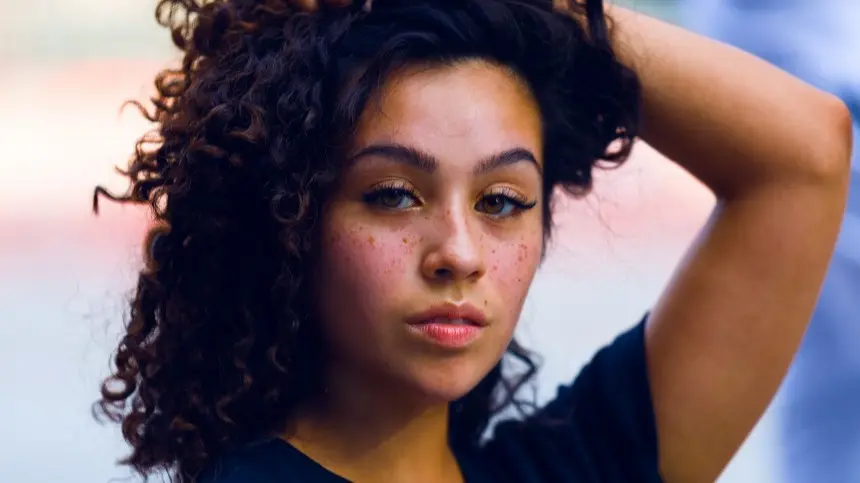Updated 7 May 2024 at 18:47 IST
Understanding Hormonal Acne: Causes And Effective Treatment Options
Characterised by deep and painful cysts, primarily around the jawline, cheeks, and chin, this condition can persist beyond teenage years.
- Lifestyle News
- 2 min read

Hormonal acne, a prevalent skin concern affecting both adults and adolescents, often surfaces from underlying hormonal imbalances. Characterised by deep and painful cysts, primarily around the jawline, cheeks, and chin, this condition can persist beyond teenage years, troubling many well into adulthood.
The root cause of hormonal acne
Hormonal fluctuations primarily trigger this type of acne. These fluctuations can occur due to menstruation, menopause, increased androgen levels, stress, and hormonal disorders like polycystic ovary syndrome (PCOS). Androgens, male hormones present in both men and women, can cause enlarged oil glands and higher sebum production, leading to clogged pores and breakouts.

Recognising hormonal acne
Unlike typical acne, which may appear all over the face or body, hormonal acne typically clusters around the lower half of the face. These breakouts tend to be more inflamed, resulting in tender nodules under the skin rather than surface-level blackheads and whiteheads.
Managing hormonal acne
Retinoids: Derived from vitamin A, topical retinoids help promote cell turnover and prevent hair follicles from getting clogged.
Advertisement
Benzoyl peroxide and salicylic acid: These can help reduce inflammation and clear up existing blemishes.

Oral medications
Birth control pills: Often prescribed to women experiencing hormonal acne, these can help regulate hormone levels.
Advertisement
Anti-androgen drugs: Such as spironolactone, these medications decrease the effect of androgens on the sebaceous glands.
Lifestyle adjustments
Diet: Reducing dairy intake and foods high in sugar may help manage acne, as these can cause spikes in certain hormones.
Stress management: Techniques such as yoga, meditation, and regular exercise can reduce stress and, by extension, stress-related acne.

Professional treatments
Consulting with a dermatologist is advisable. Treatments like chemical peels, laser therapy, or professional extractions can be effective under medical guidance.
Understanding and addressing the underlying hormonal issues is key to managing this persistent skin condition. With the right combination of treatments and lifestyle adjustments, those affected by hormonal acne can see significant improvement.
Published By : Jyothi Jha
Published On: 7 May 2024 at 18:47 IST
